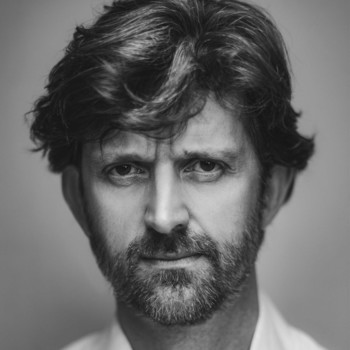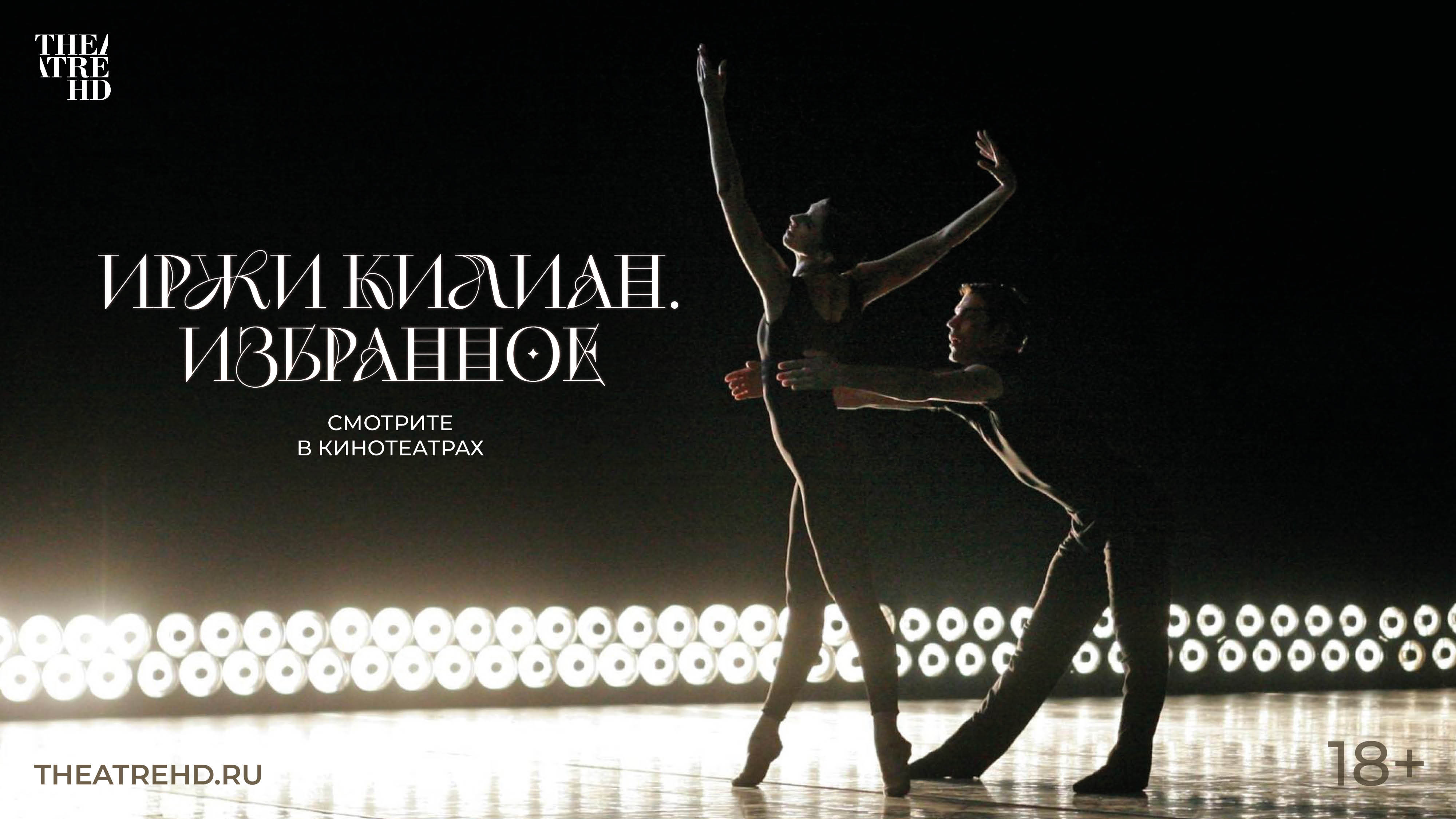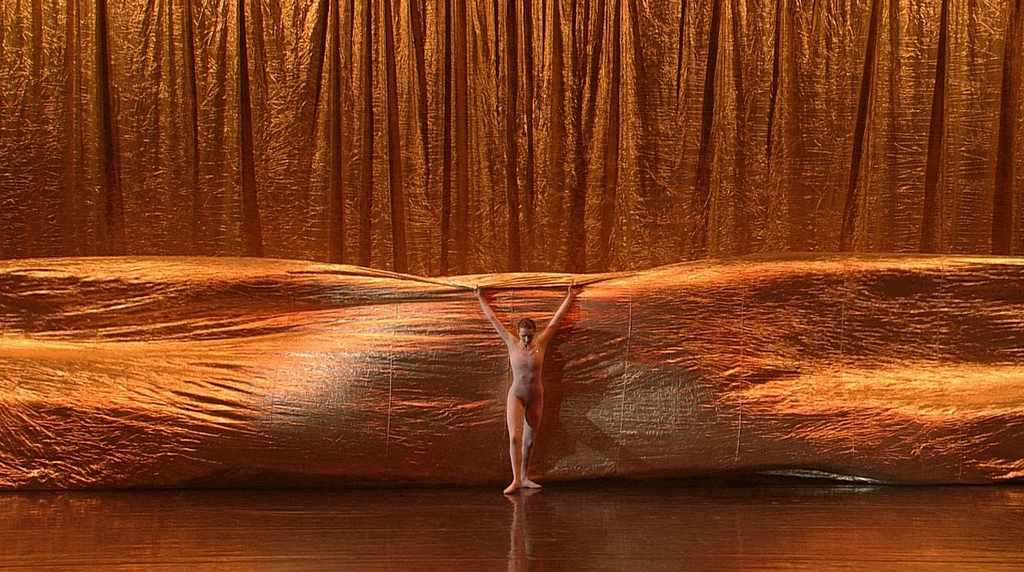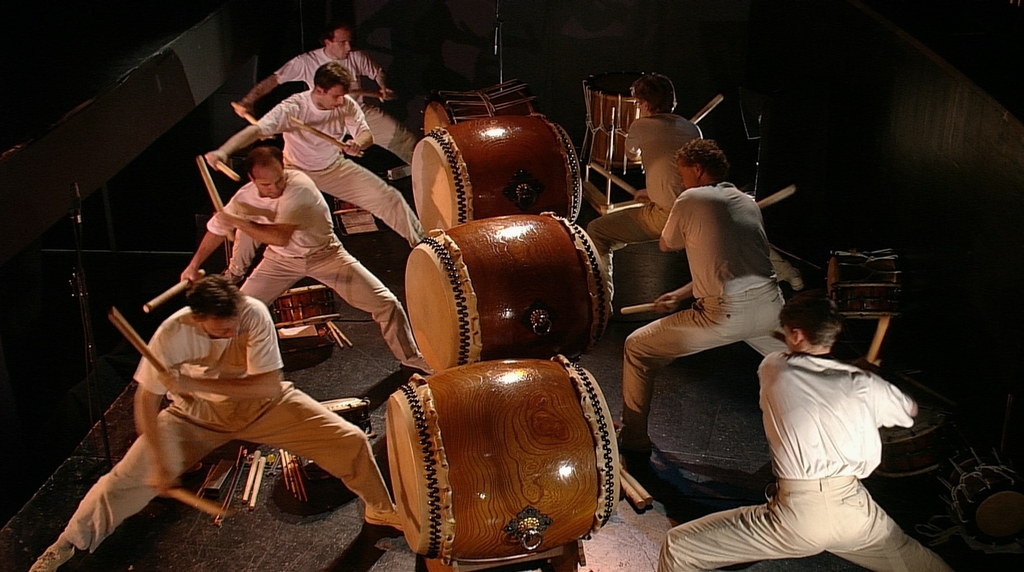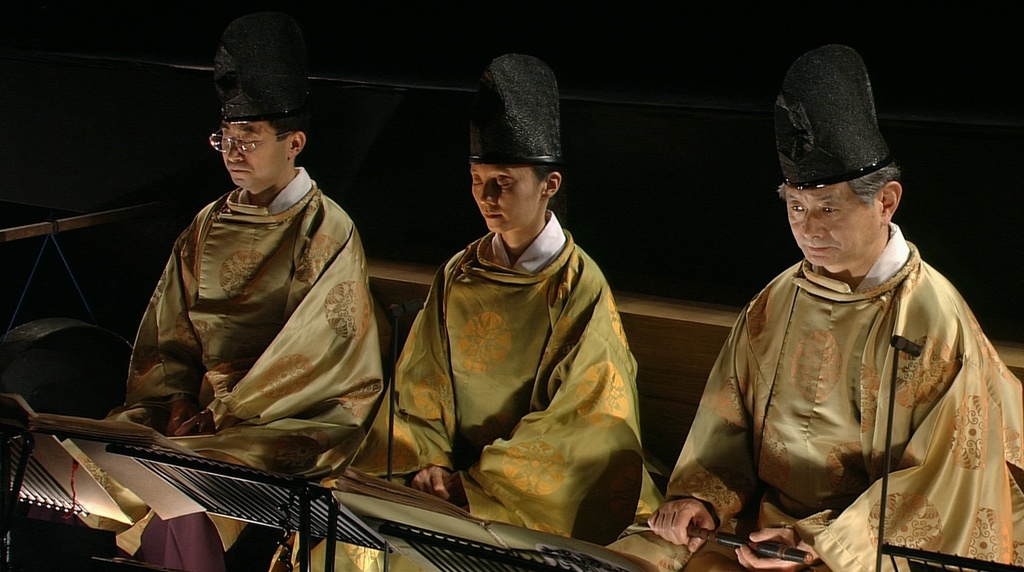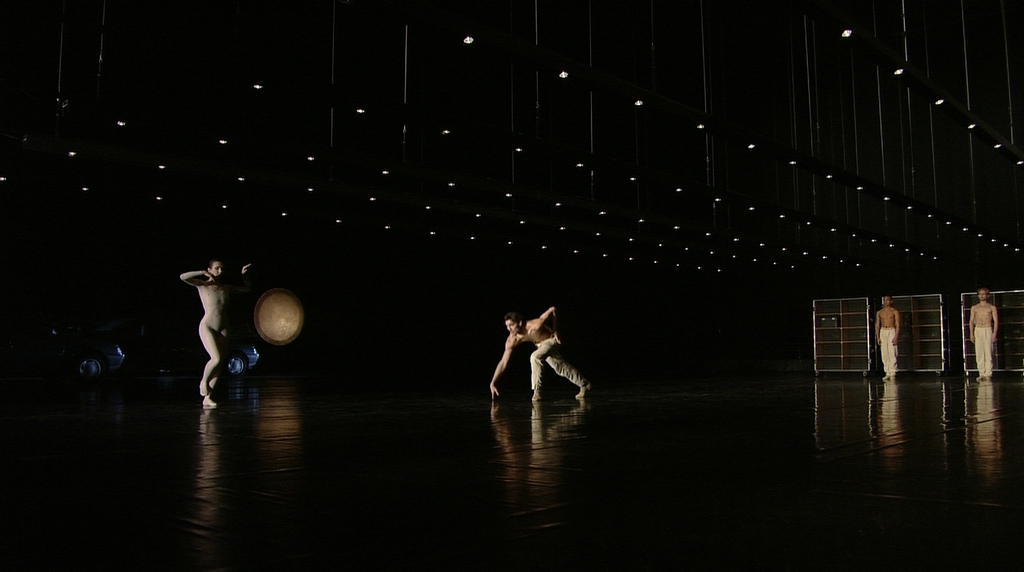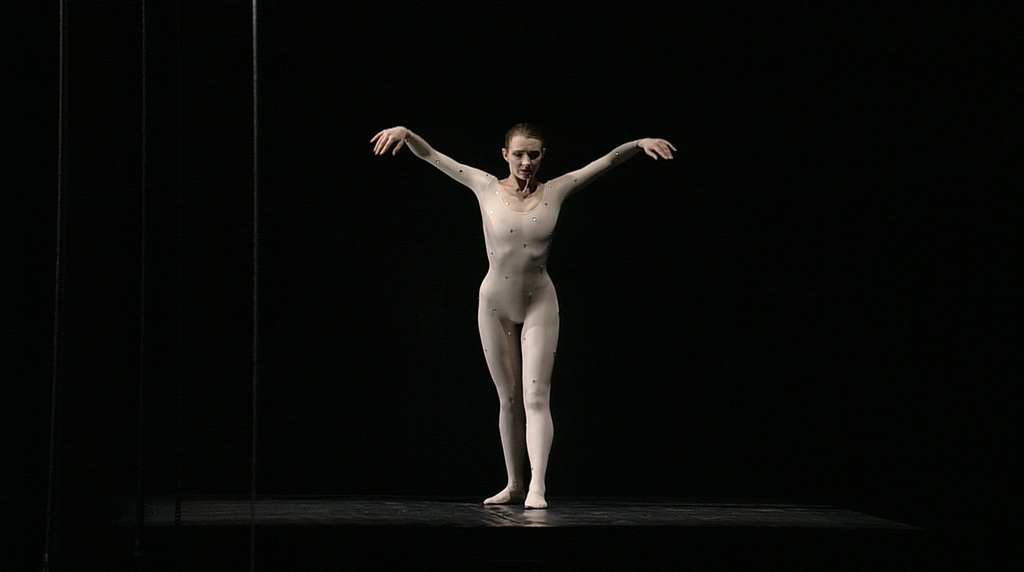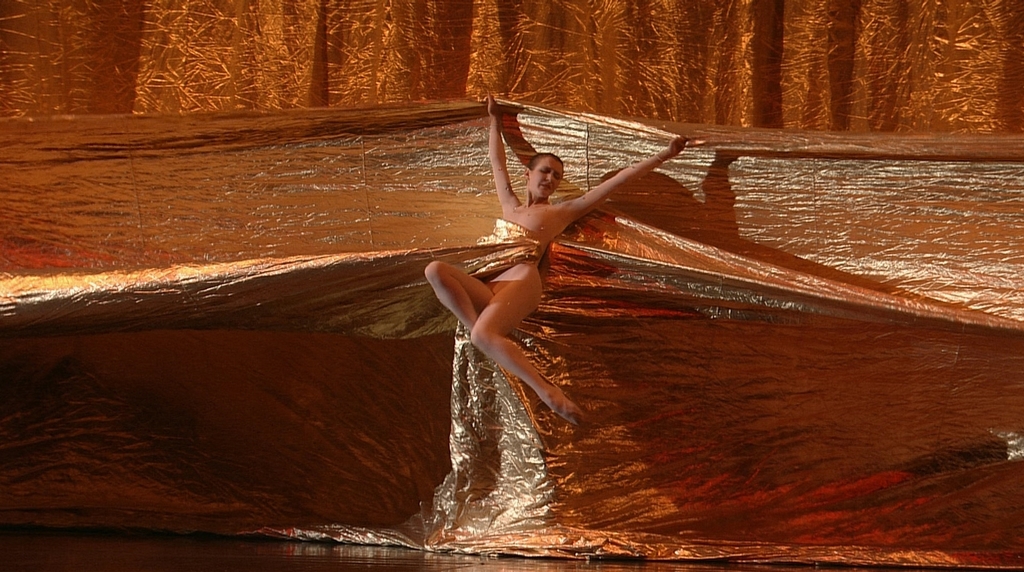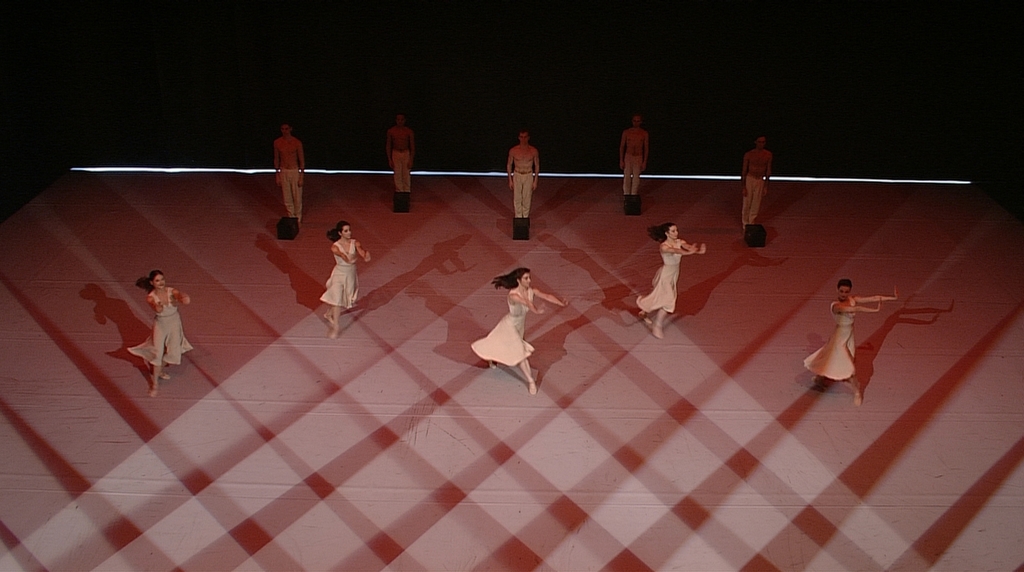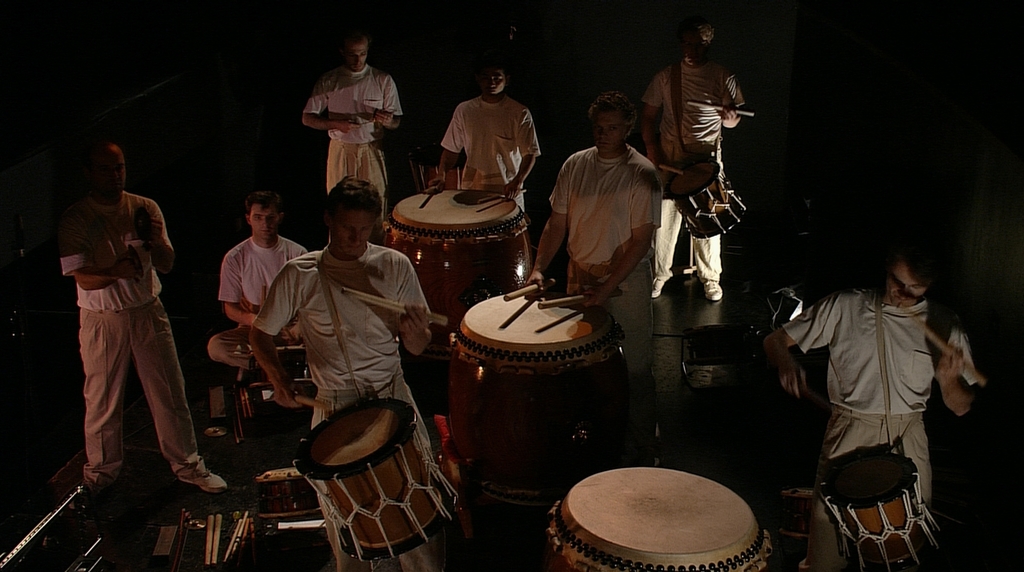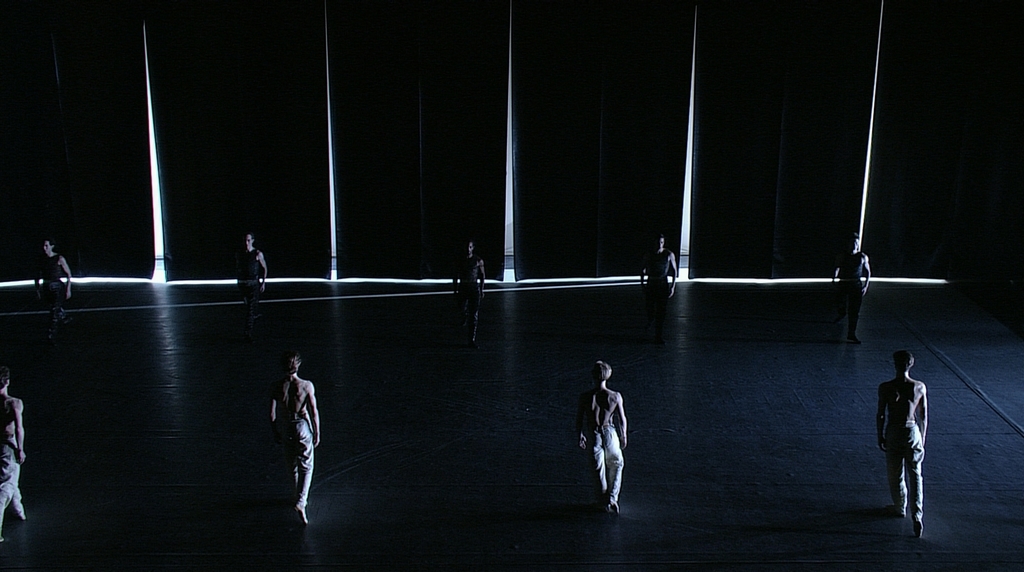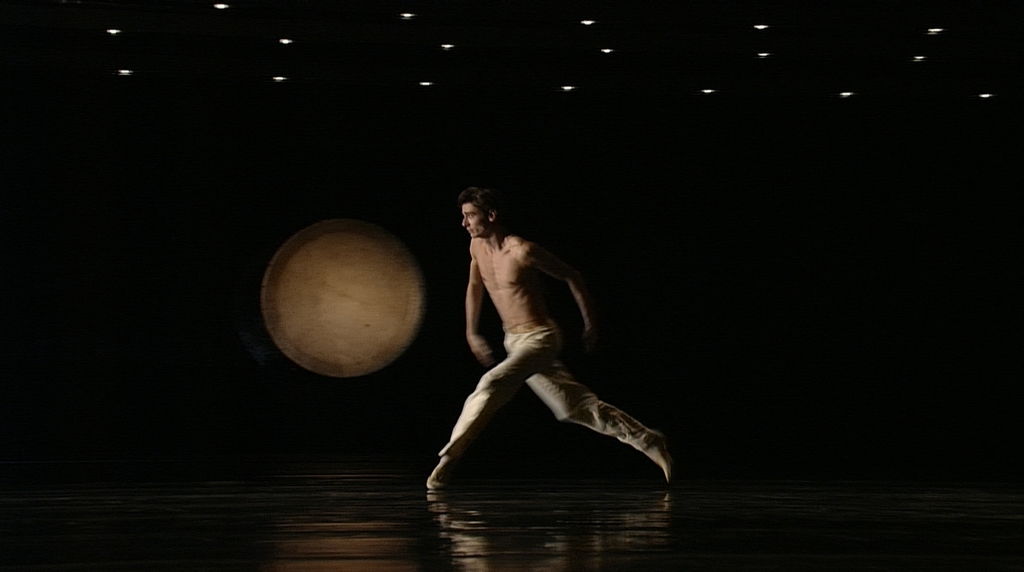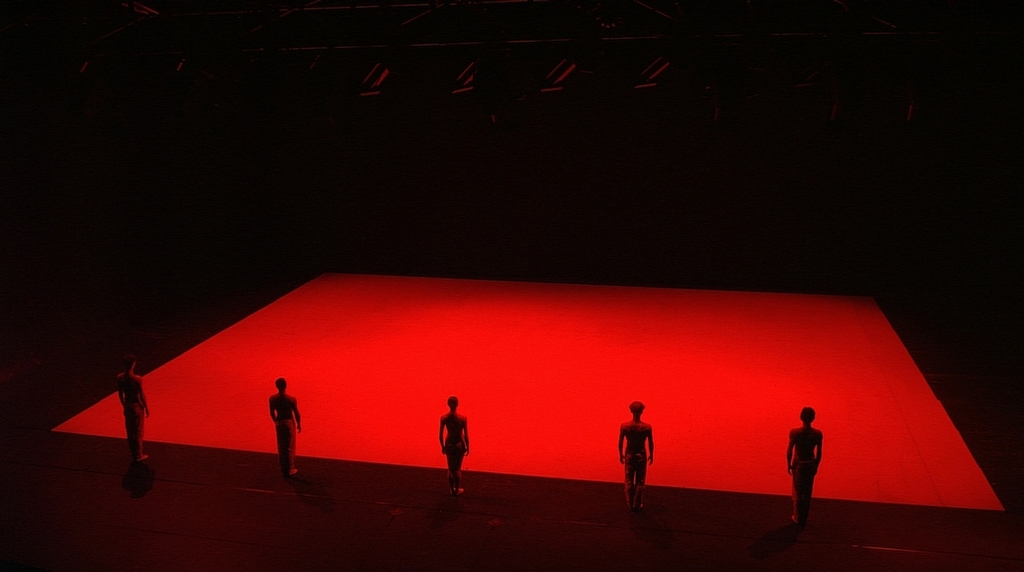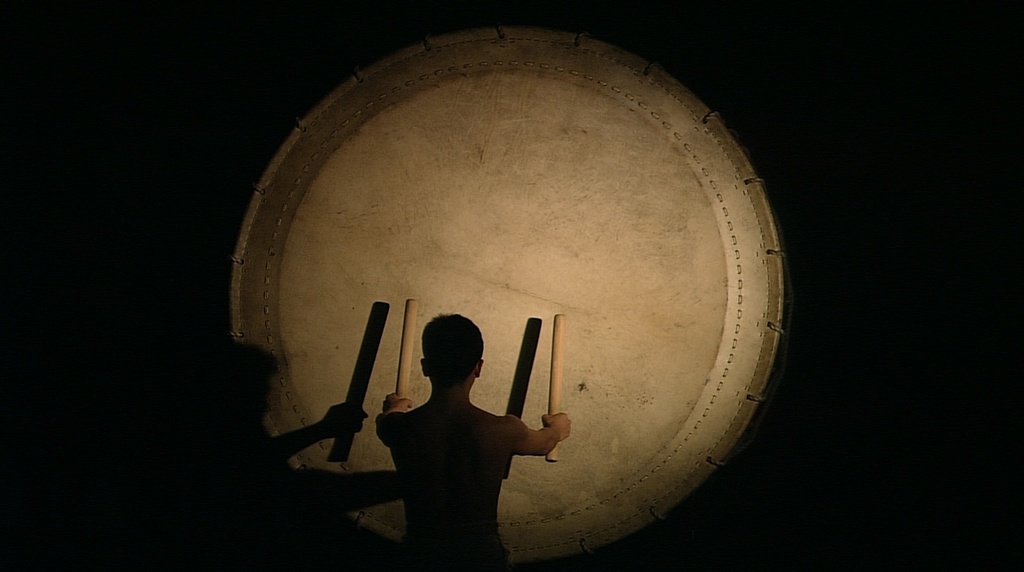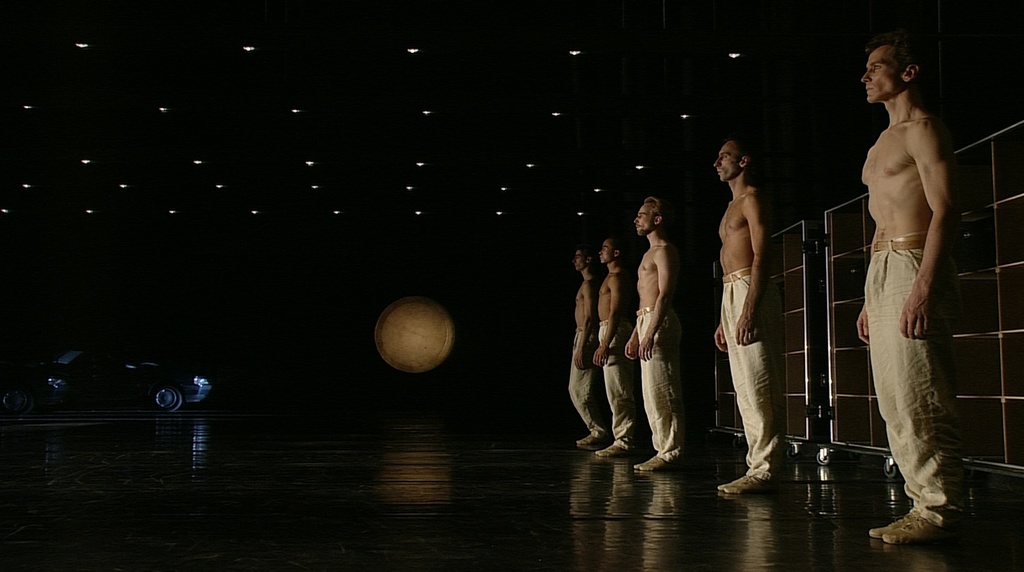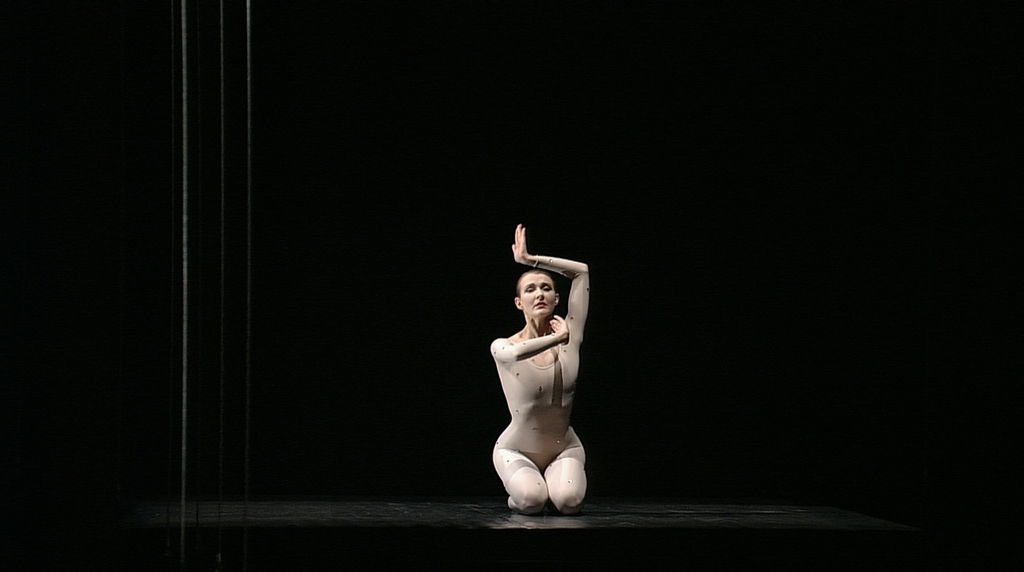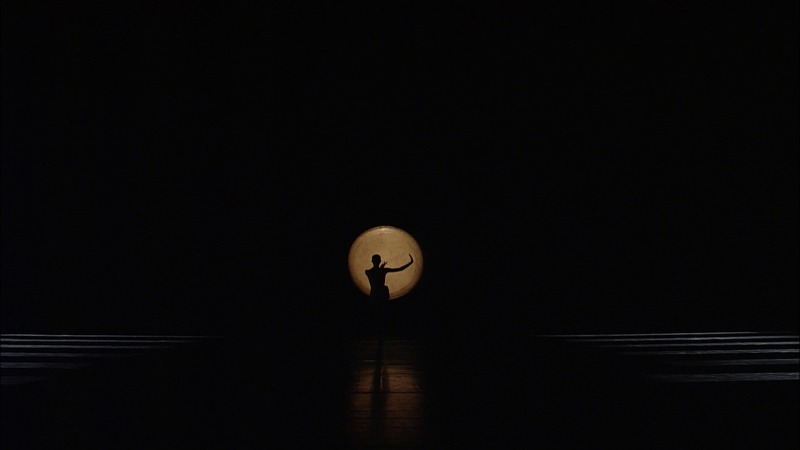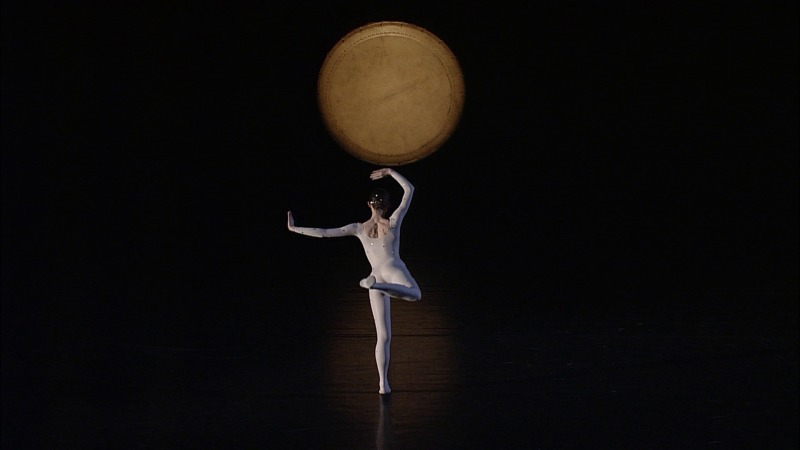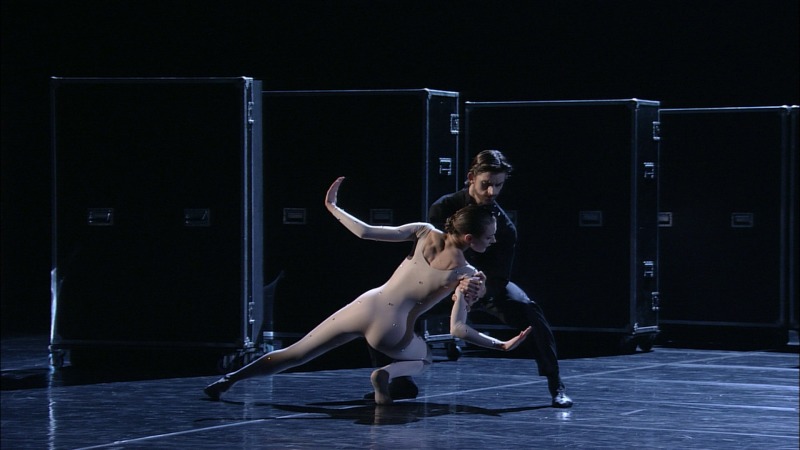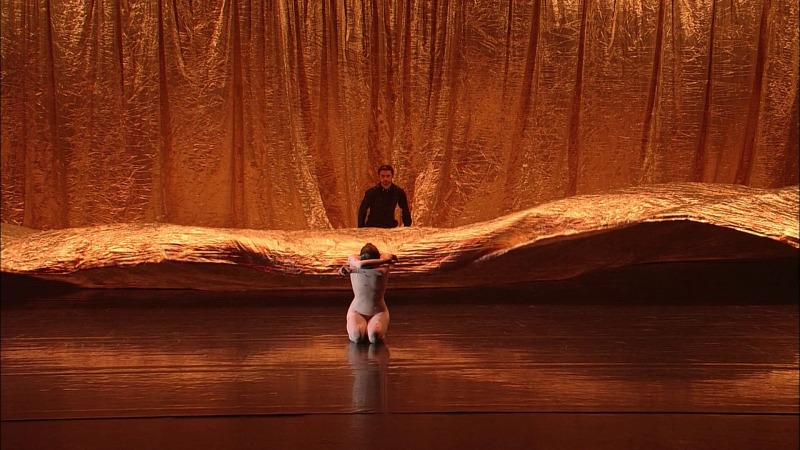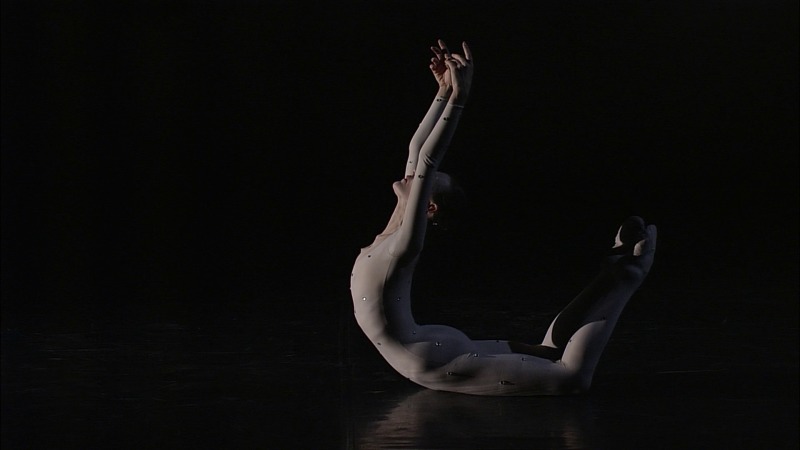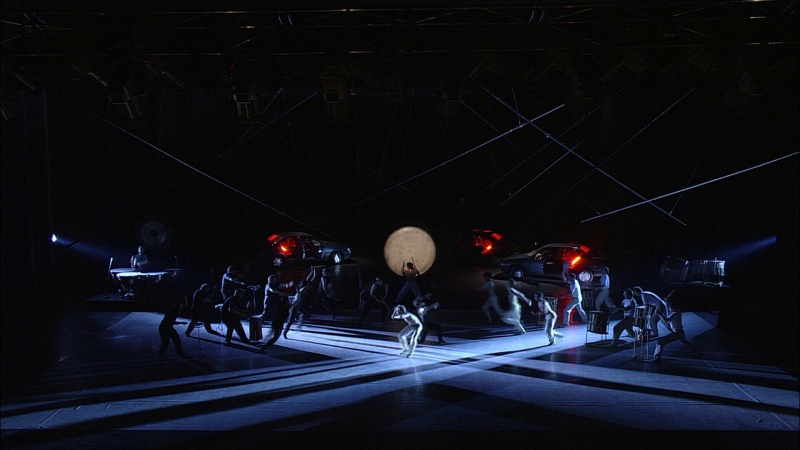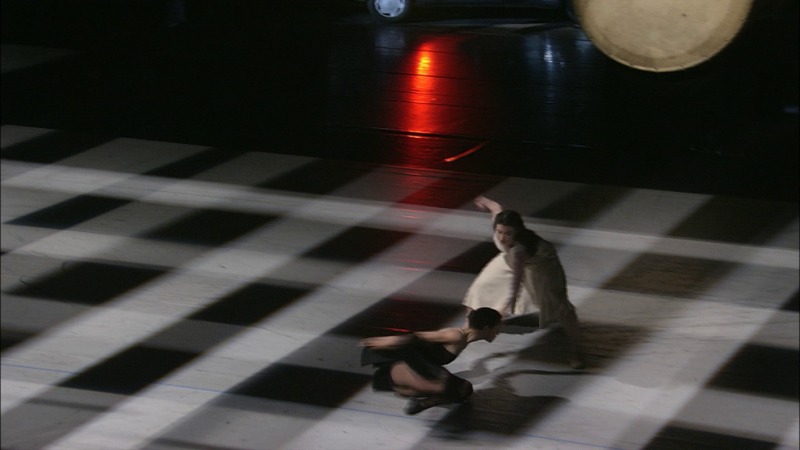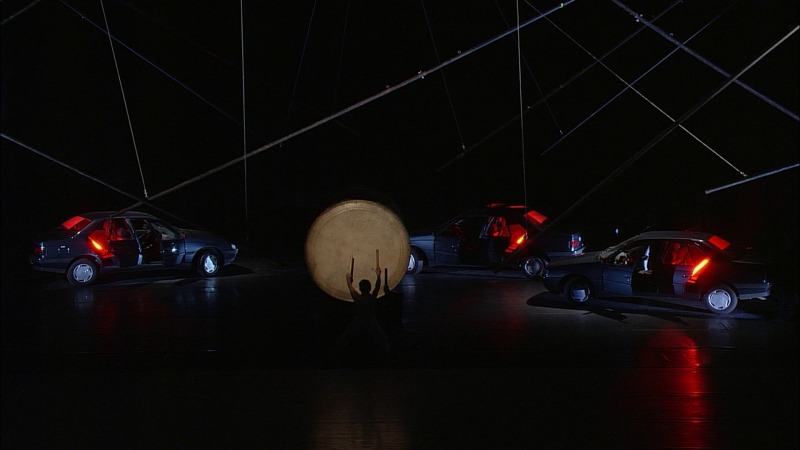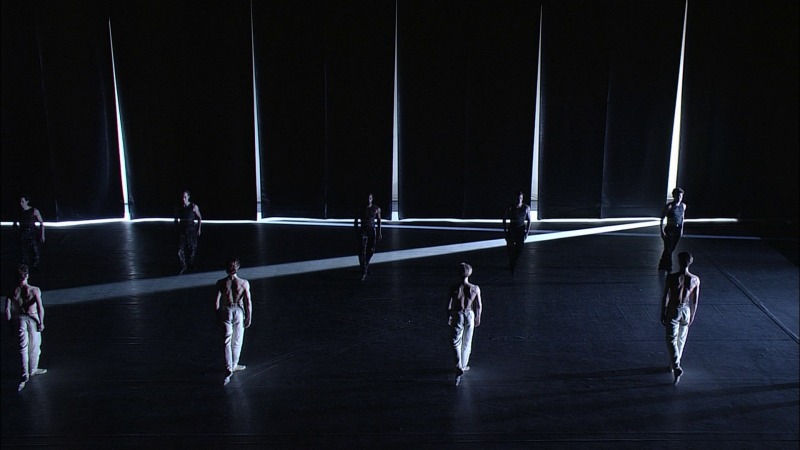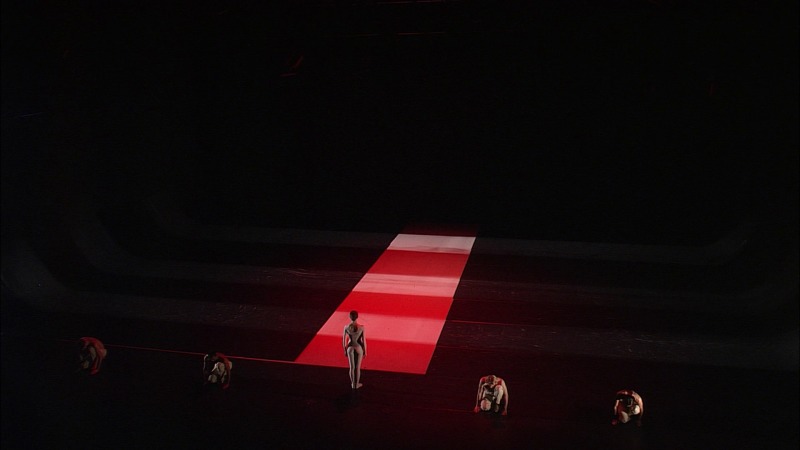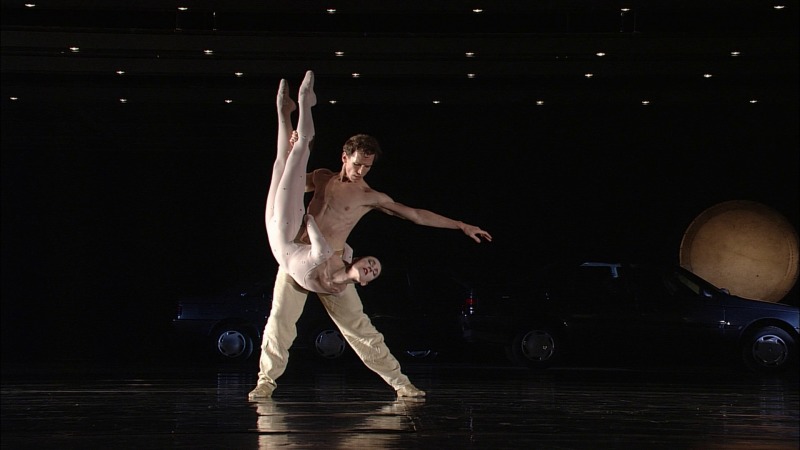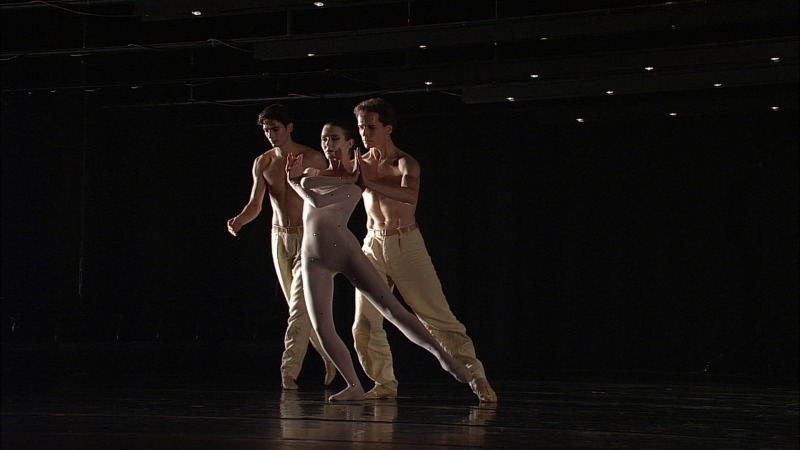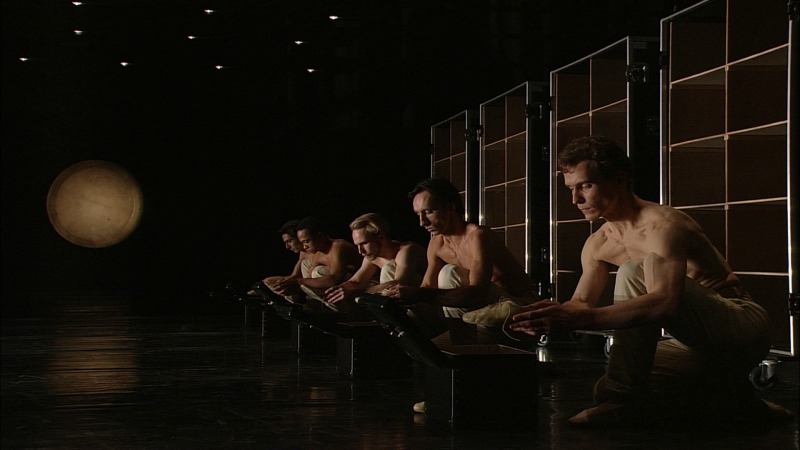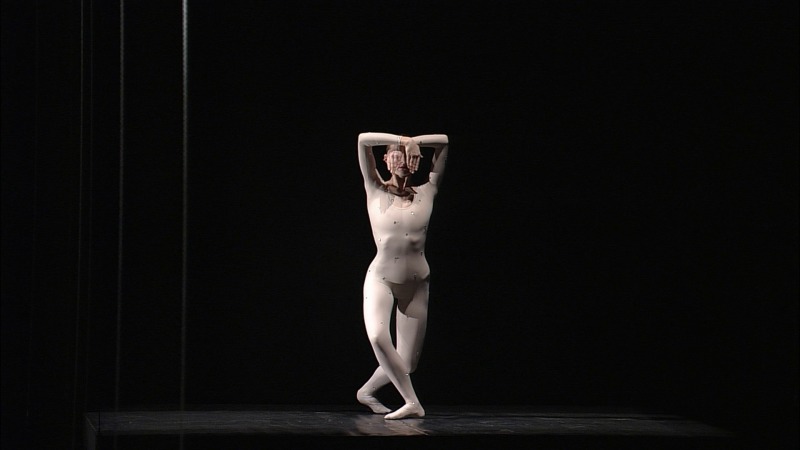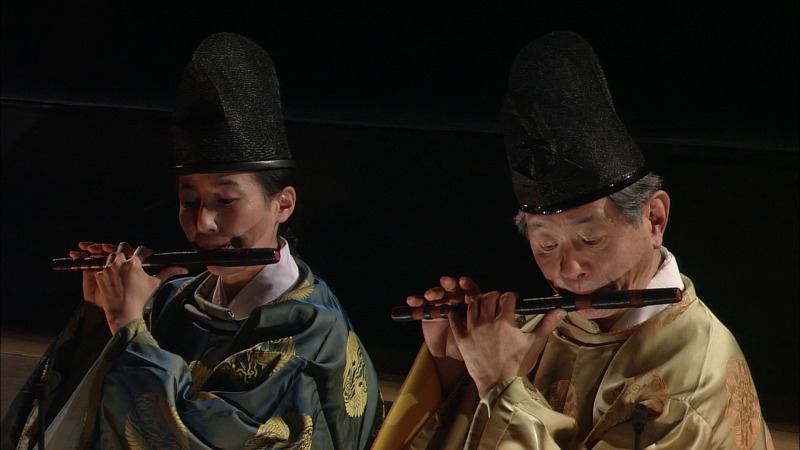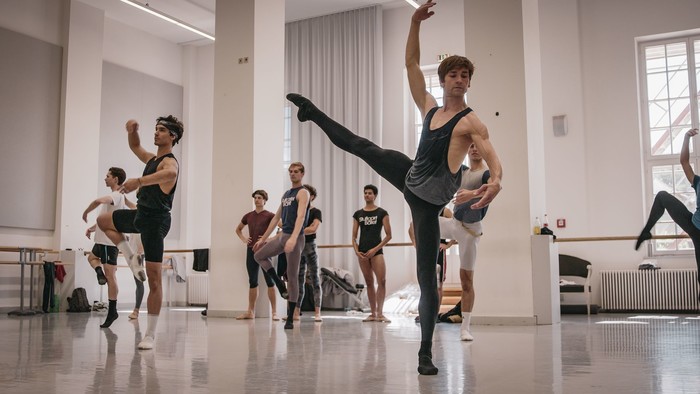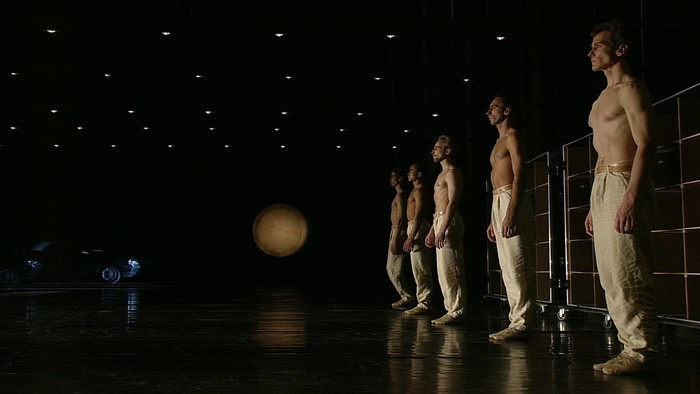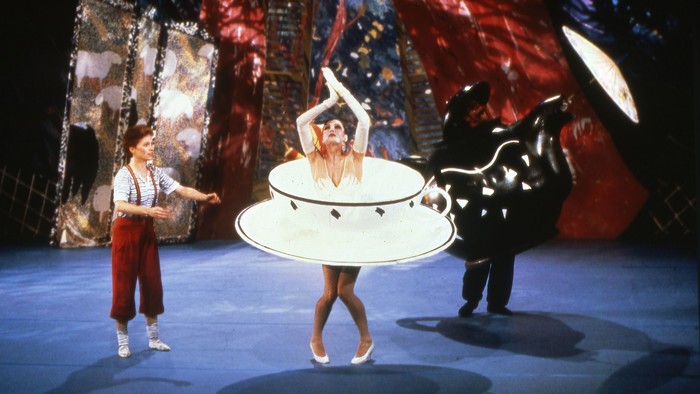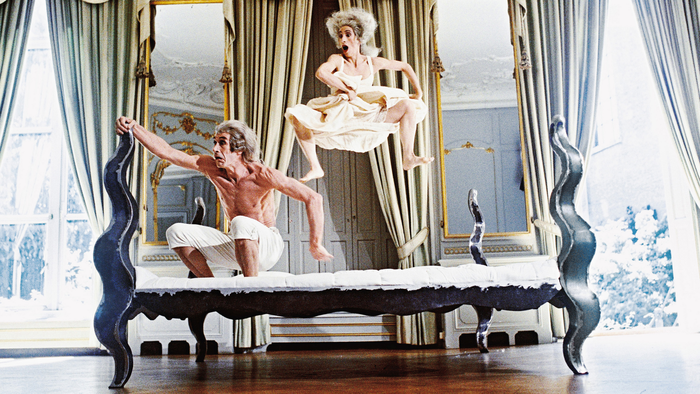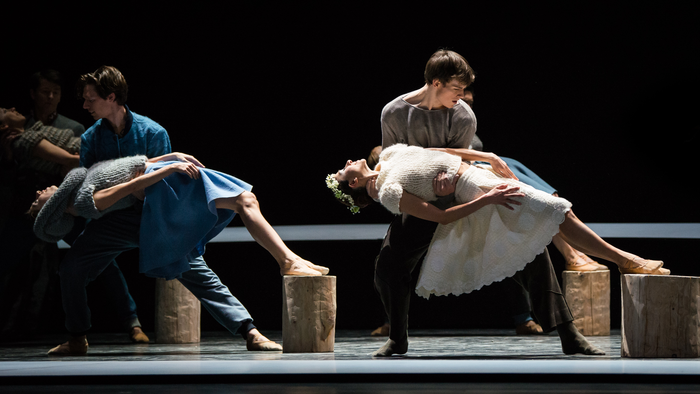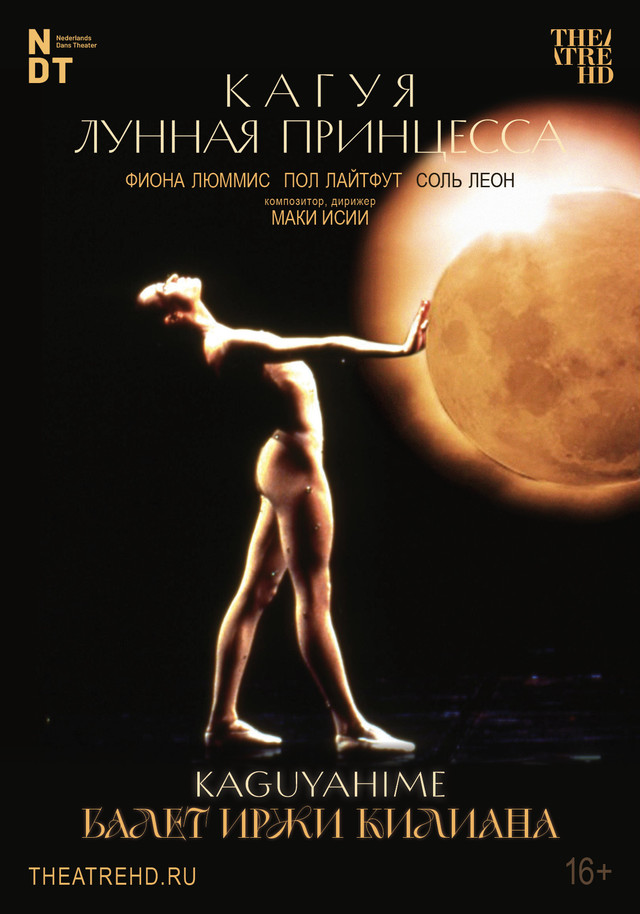
Jiri Kilian: Kaguyahime
Иржи Килиан: Кагуя – лунная принцесса
Kaguyahime is one of Japan’s oldest fairytales. The story of the mysterious Moon Princess inspired Jirí Kylián to create a full-length ballet and to commission a score from the Japanese composer Maki Ishii. Watch in cinemas. Schedule and tickets on theatrehd.com
Actors
Crew
Composer, Conductor
Maki Ishii
Stage design and light
Michael Simon
Costume designer
Férial Simon
Video Director
Hans Hulscher
Kaguyahime is one of Japan’s oldest fairy-tales – the story of the moon princess, who descends to Earth and is cared for by the family of an old bamboo cutter. Her luminous beauty is meant to spread peace and happiness but, instead, the rivalry her heavenly presence provokes results in war. Jiří Kylián, artistic director of the Nederlands Dans Theater and one of Europe’s most highly-acclaimed choreographers, was inspired to create this full-length ballet by Maki Ishii’s musical composition of the same name. Ishii’s music fuses Western and Eastern sound elements, with Western percussion and Japanese drums augmented by wind instruments closely associated with Gagaku (traditional Japanese court music). The Circle Percussion ensemble, conducted by Ishii himself, plays an integral part in the staging of the ballet.
“When I first became acquainted with Kaguyahime,” explains Kylián, “I fell under its spell for two reasons: that the fantastic and the realistic exist at the same time, as only happens in fairy-tales; and the fascination that Japanese culture holds for me anyway. I put so much trust in the magic reality of dance that I could not resist the temptation to set foot in the world which the Japanese composer Maki Ishii, by using Western as well as Eastern sound elements, tries to bring closer.”
Eschewing the traditional idea of a ‘fairy-tale ballet’, Kylián focuses on the philosophical message rather than the narrative of the Kaguyahime story and he has created a highly-charged fusion of dance, music and theatrical images. His characteristically individual choreography is an exquisite mirror of the sometimes subtly haunting, sometimes dynamically violent music. The visual impact of the piece is heightened by Michael Simon’s design and lighting, with a pitch black multi-levelled stage, illuminated at different times by tiny points of moving light, a huge glowing sphere, banks of spotlights, piercing shafts of light, lights which turn the floor into a chequered red and then a chequered black arena, dazzling golden light bouncing off a vast expanse of rippling silk.
Nederlands Dans Theater’s performances of the ballet have received universal acclaim and it has been hailed as a visual, dance and musical masterpiece of rare quality, a creation that will leave no-one unmoved: “...it is a production in which dance, music and theatrical imagery are elements of equal importance, whose combined action leads to a perfect result. Seldom does one see such a pure equilibrium between these three components.” Algemeen Dagblad
Jiří Kylián. Favourites
Language
None
Runtime
1 hour 9 minutes
1994
16+
TheatreHD 2023-2024
Весь сезон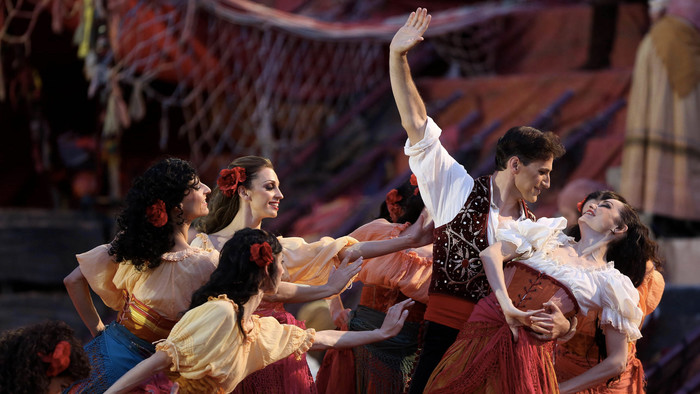
Arena di Verona: Carmen
A classic production by Franco Zeffirelli featuring stars of the world opera stage and Spanish flamenco dancers.
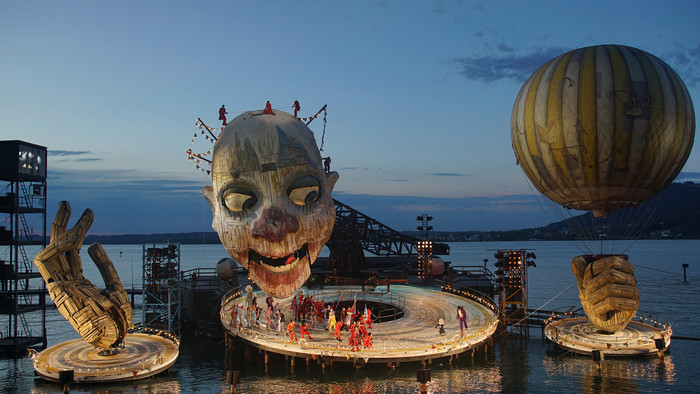
Bregenz Festival: Rigoletto
Giuseppe Verdi’s masterpiece Rigoletto – compelling, blood-curdling and beautiful – is being performed for the first time on the Bregenz lake stage.
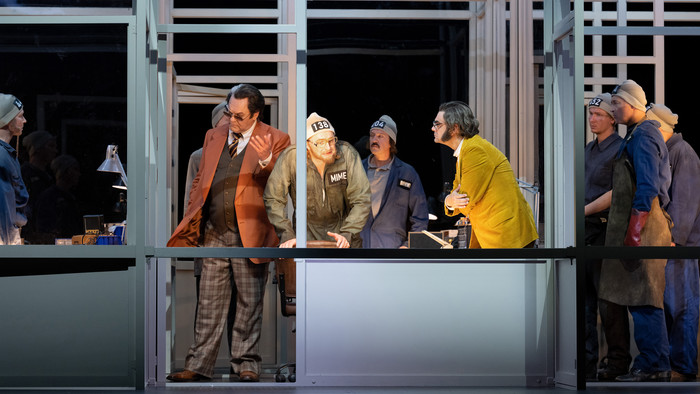
Das Rheingold
The first part of the titanic "Ring of the Nibelung," directed by Dmitry Chernyakov at the Berlin Opera.
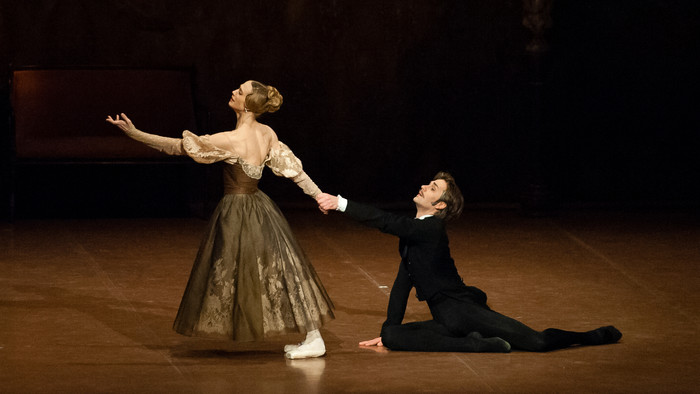
John Cranko's Onegin
John Cranko’s mastery of the art of the pas de deux finds its climax in Onegin, one of the most successful full length ballets of the 20th century.
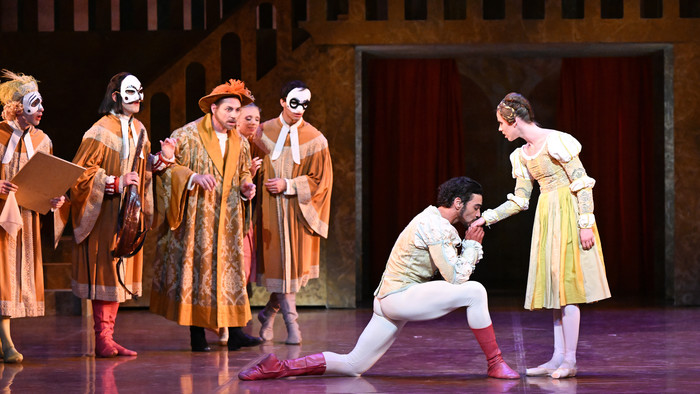
John Cranko's The Taming of the Shrew
Shakespearean Comedy on the Ballet Stage: Dancing Through Laughter and Tears
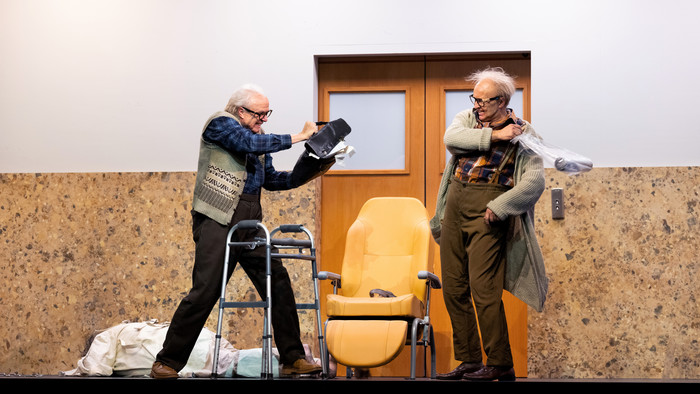
Siegfried
The third part of the "Ring of the Nibelung" universe, brought to life by Dmitry Chernyakov on the stage of the Berlin Opera

